The right hotel facilities can make or break a business. Hotel trends may change, but there are some essential facilities that each hotel must offer its guests. Well-chosen and well-managed hotel facilities are vital to your revenue and your hotel’s reputation. In this article, you’ll learn about the facilities and their essentiality to your operation.
Table of Contents:
- What Is the Hotel Industry?
- What Are Hotel Facilities?
- What Is the Difference Between Hotel Facilities and Hotel Amenities?
- What Is Hotel Facilities Management?
- Most Popular Hotel Facilities
- Importance of Providing Hotel Facilities for the Disabled
- Hotel Departments Importance for Hotel Facilities Management
- Appropriate Hotel Budget for Hotel Facilities
What Is the Hotel Industry?
The hotel industry is more broadly related to the hospitality industry but has a specific focus. This industry is concerned with meeting the needs of consumers who need accommodation overnight or longer. According to the Hotel Openings Worldwide Report by Statista, the total number of hotel openings in 2024 is forecasted to be 2,707.
It’s a huge industry, covering everything from cozy bed-and-breakfasts to the biggest and most extravagant luxury resorts. Hotels, motels, hostels, spas, holiday villas, and short-term apartment rentals form part of the hotel industry. The industry is global in scale and generates enormous amounts of economic activity, not just within the hotel industry itself but for many other related sectors.
The hotel industry is a major provider of jobs worldwide, offering everything from entry-level housekeeping positions to careers in accounting, marketing, and hotel facilities management. To learn more about this fascinating industry, read the article “Hotel Industry: Everything You Need to Know About Hotels!”
What Are Hotel Facilities?
“Facilities” is a broad term. The dictionary definition could technically refer to any aspect of a hotel property, from the guest rooms to the car park. However, we usually refer to more than just the rooms and general infrastructure when talking about hotel facilities.
“Hotel facilities” typically describe utilities or areas designated to facilitate an activity. This can include things like bars and restaurants and also covers swimming pools, tennis courts, spas, and conference rooms. The kinds of facilities a hotel offers will depend on the needs of its clientele and the market segment it addresses.
What Is the Difference Between Hotel Facilities and Hotel Amenities?
The terms “amenities” and “facilities” are words often used interchangeably in general speech. There are some distinctions, however. Amenities can be thought of as those things that make a stay more amenable — areas and services that exist to make your stay more pleasurable. For instance, a swimming pool would be a facility, while water aerobics sessions for guests would be an amenity. Amenities are those things that make staying at a hotel enjoyable and comfortable.
They include common hotel room items such as TVs, sound systems, refrigerators, mini-bars, free Wi-Fi, coffee-makers, hairdryers, and more. Amenities often include personal items like the toiletries the hotel provides. They can also include things that make a room more comfortable, such as air-conditioning. While facilities can make a guest’s stay more pleasant, their primary role is to fulfill a need rather than to provide comfort or enjoyment. Read “Hotel Amenities: Meet and Exceed Your Hotel Guests’ Expectations“ to learn more about hotel amenities.
What Is Hotel Facilities Management?
Hotel facilities management is the area of hotel operations concerned with implementing and keeping facilities. It refers to those tools and/or services focused on maintaining the sustainability and safety of a hotel’s facilities as well as ensuring that facilities are in good order and in suitable condition for guests. Facilities management also covers decisions about which facilities should be offered and how.
Safety and presentability have always been primary concerns for facilities management, ensuring that facilities are risk-free and inviting. In recent years, there’s been an increasing focus within hotel management on the concept of sustainability from an environmental perspective. Hotel trends lean increasingly towards ecological concerns as environmentally aware guests seek out properties incorporating sustainability into their ethos. This means that part of modern facilities management is the implementation of sustainable technologies into facilities where possible.
Table: Examples of Hotel Facilities and Operational Considerations for Hoteliers
Most Popular Hotel Facilities
In this section, you’ll learn about some of the most common and essential facilities that hotels can provide.
Food & Beverage Hotel Facilities
Meals at a hotel restaurant are often the high spot of a guest’s stay. Hotel bars are also vital, providing guests with a space to interact and relax. The hospitality industry’s food and beverage service sector significantly overlaps with the hotel industry and is very important to hotels and the broader economy. Most hotels provide their guests with food and beverages; sometimes, this might be a simple breakfast buffet, as in smaller and lower-budget hotels, but a hotel’s restaurant is often a significant feature. Hotel bars and restaurants are often places where a hotel can showcase its character.
Swimming Pool
Hotel facilities are often a major factor in a guest’s decision to stay at a hotel. Whether or not a hotel has swimming pool facilities can be the deciding factor for many guests. A hotel in a warm location is more likely to offer a swimming pool for guests to use, but even hotels in colder climates can benefit from offering swimming facilities. Indeed, a heated indoor pool is often a feature of a luxury hotel. Swimming pool facilities are often expanded to include additional features. For instance, a shallow pool for children to play in is great for family hotels.
Spa Facilities
As wellness tourism continues to grow, spa facilities become more prevalent in hotels, according to the Wellness Tourism Market Outlook Report by Fact.MR, the global wellness tourism market is expected to increase to $2.3 trillion by the end of 2033. Many hotels offer their guests spa facilities, particularly beach-front hotels and high-end resorts. Guests can take advantage of the hotel spa’s various beauty treatments and services. Facials are very popular, as are manicures and pedicures. Many hotel spas offer massages and perhaps more advanced procedures, such as a fish pedicure. It’s common for hotels with spas to offer hair-care services and to include a salon on-site. Some hotels also provide in-room treatments, where a technician or aesthetician will visit a guest in their room to perform a massage, manicure, etc.
Video: Yasuragi Spa & Hotel
Conference/Meeting Rooms
Meeting rooms and conference rooms are necessary hotel facilities for business-oriented establishments. Meeting rooms are spaces where guests can convene business meetings in private and comfortable surroundings. Conference rooms are larger spaces, typically equipped with items necessary to give talks, such as a stage, sound system, projection equipment, smart board etc. Hotel facilities for conferences and meetings will vary in size and the kind of equipment they offer. Many hotels provide catering and other services for conferences and meetings. Some offer full-service bookings where conference-goers will be accommodated at the hotel during the event.
Fitness Facilities
The majority of modern hotels offer fitness facilities of some description. This may be as simple as a room with a handful of essential exercise machines. In a more prominent upscale hotel, fitness facilities may include multiple rooms, including a full gym staffed by qualified trainers. While not everyone maintains their fitness regimen on holiday, many guests enjoy training or wish to avoid becoming deconditioned while traveling. Good facilities management is essential here as choosing good equipment and maintaining safety is paramount. If activity is going to be provided, suitably qualified staff must be recruited.
Video: Fitness Experience
Open Spaces/Coworking Areas
Open-plan areas for coworking and collaborative projects aren’t a new idea. They’ve become more prevalent in recent years, thanks to the changing face of the work landscape. More people are adopting location-flexible employment, and many startups choose to develop their businesses from temporary locations before setting up a permanent HQ. Traditionally, hotels have not offered this facility, focusing more on conventional meeting rooms and conference spaces. As coworking becomes more popular, many establishments are adding open spaces to their hotel facilities. These spaces can generate additional bookings and raise revenue.
Importance of Providing Hotel Facilities for the Disabled
For too long, disabled travelers have been underserved by the hotel industry. This has begun to change, partly thanks to an aging population with higher levels of disability and partly due to greater awareness. More and more hotels know that disabled travelers want to enjoy travel like everyone else and deserve quality accommodation that meets their needs. Facilities of a hotel need to be accessible for disabled guests, with step-free access, doors that can accommodate wheelchairs, lifts to upper floors, accessible bathrooms, etc.
Fitness facilities, pools, etc., should be equipped for use by people of varying ability levels. Items such as pool lifts can be installed, and staff can be hired to help assist disabled guests who need support to use the hotel’s facilities. As more disabled people choose to travel and access regulations are updated, hotel facilities management must reflect this.
Hotel Departments’ Importance for Hotel Facilities Management
You’ve taken a look at hotel facilities, but that’s just one aspect of running a hotel. Even the smallest hotel is a complex operation with several different departments. There are generally seven different sections to the hotel business, including hotel management, front office, and hotel marketing. If you’re curious to know more about the overall running of a hotel business, take a look at “Hotel Departments: Learn About All the 7 Sections of a Hotel.”
Appropriate Hotel Budget for Hotel Facilities
A hotel needs to be properly budgeted to be successful. This involves determining your projected revenue and expenditure over a defined period and setting rules regarding the amount of money available based on various factors. In the article “Hotel Budget: Effective Budgeting Tips for Hoteliers”, you’ll learn the ins and outs of successful budgeting and how to make it work for your hotel business.
Hotel Facilities FAQs
Hotel facilities can be crucial to the success of a hotel. The facilities you provide should be tailored to the specific needs of your customer base. Facilities must be well-maintained and adequately staffed, with accessibility an increasingly prominent concern for hotel facilities management.
Did You Like This Article About Hotel Facilities?
You might also be interested in the following articles:
- Hotel Asset Management: Definition, Importance, and Practices
- Hotel Maintenance Tips to Optimize & Increase Profitability
- Smart Hotel Technology; Technologies to Smart Up Your Hotel
- Hotel Door Locks: The Main Lock System Types and Their Benefits
- Hotel Robots: An Overview of Different Robots Used in Hotels
More Tips to Grow Your Business
Revfine.com is the leading knowledge platform for the hospitality and travel industry. Professionals use our insights, strategies, and actionable tips to get inspired, optimize revenue, innovate processes, and improve customer experience.Explore expert advice on management, marketing, revenue management, operations, software, and technology in our dedicated Hotel, Hospitality, and Travel & Tourism categories.
This article is written by:
Hi, I am Martijn Barten, founder of Revfine.com. With 20 years of experience in the hospitality industry, I specialize in optimizing revenue by combining revenue management with marketing strategies. I have successfully developed, implemented, and managed revenue management and marketing strategies for individual properties and multi-property portfolios.

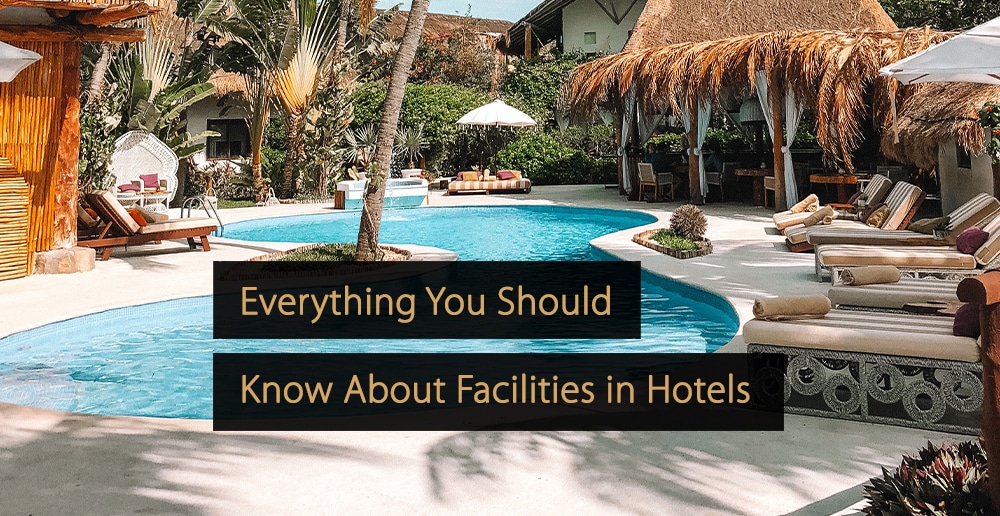

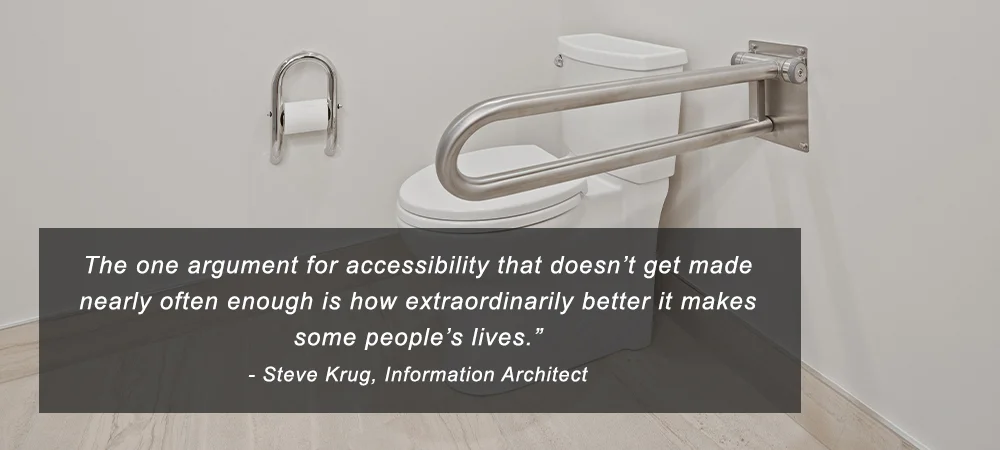


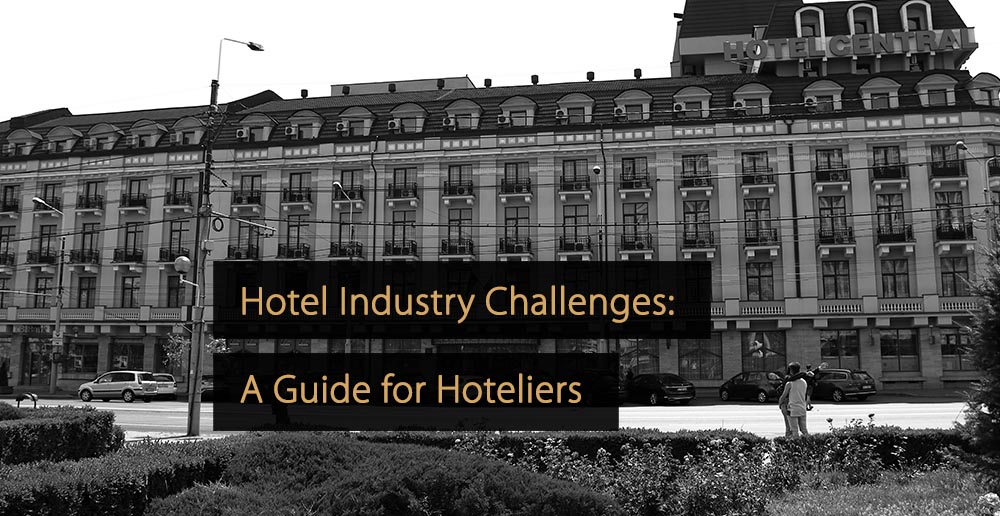

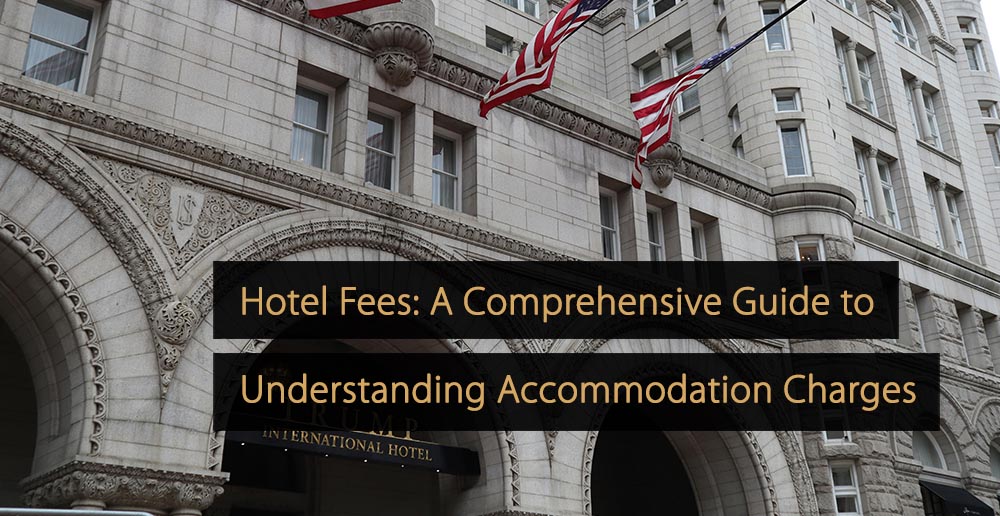
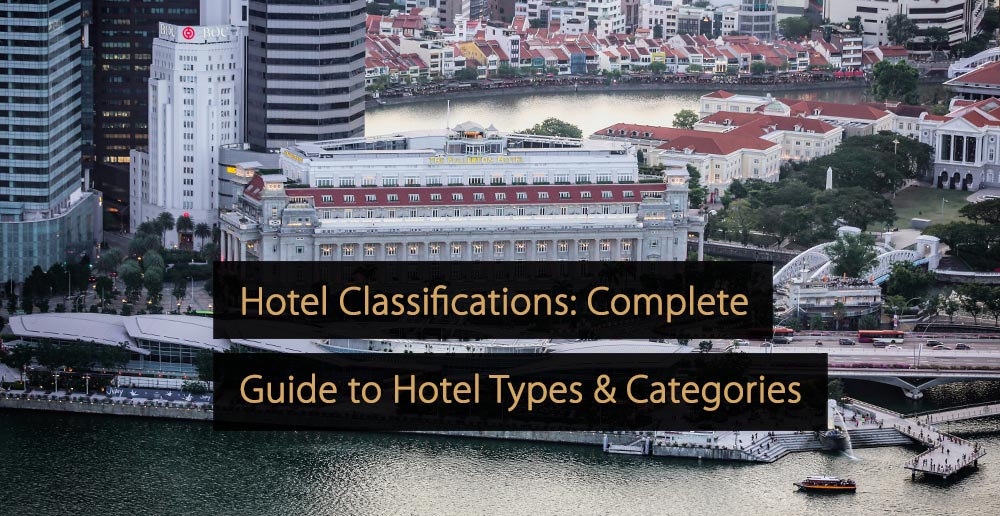
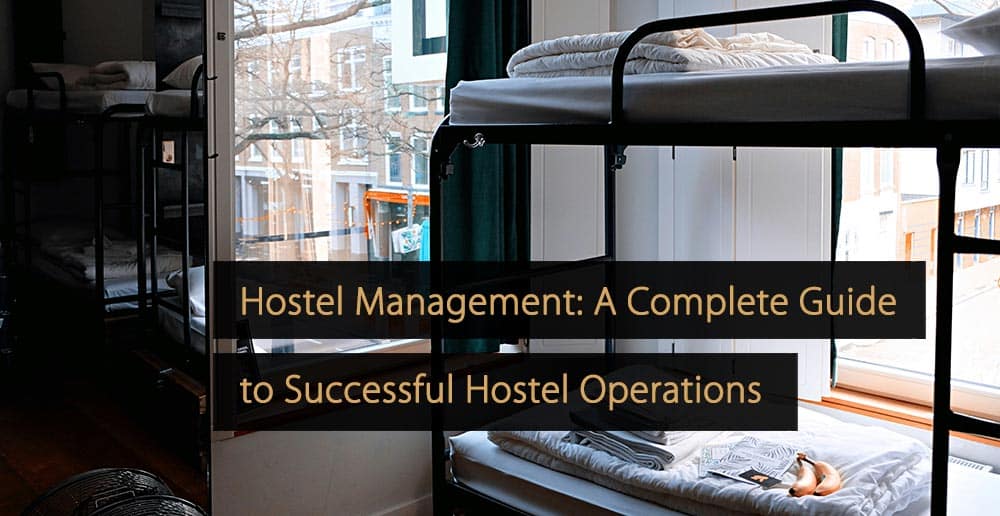
Leave A Comment